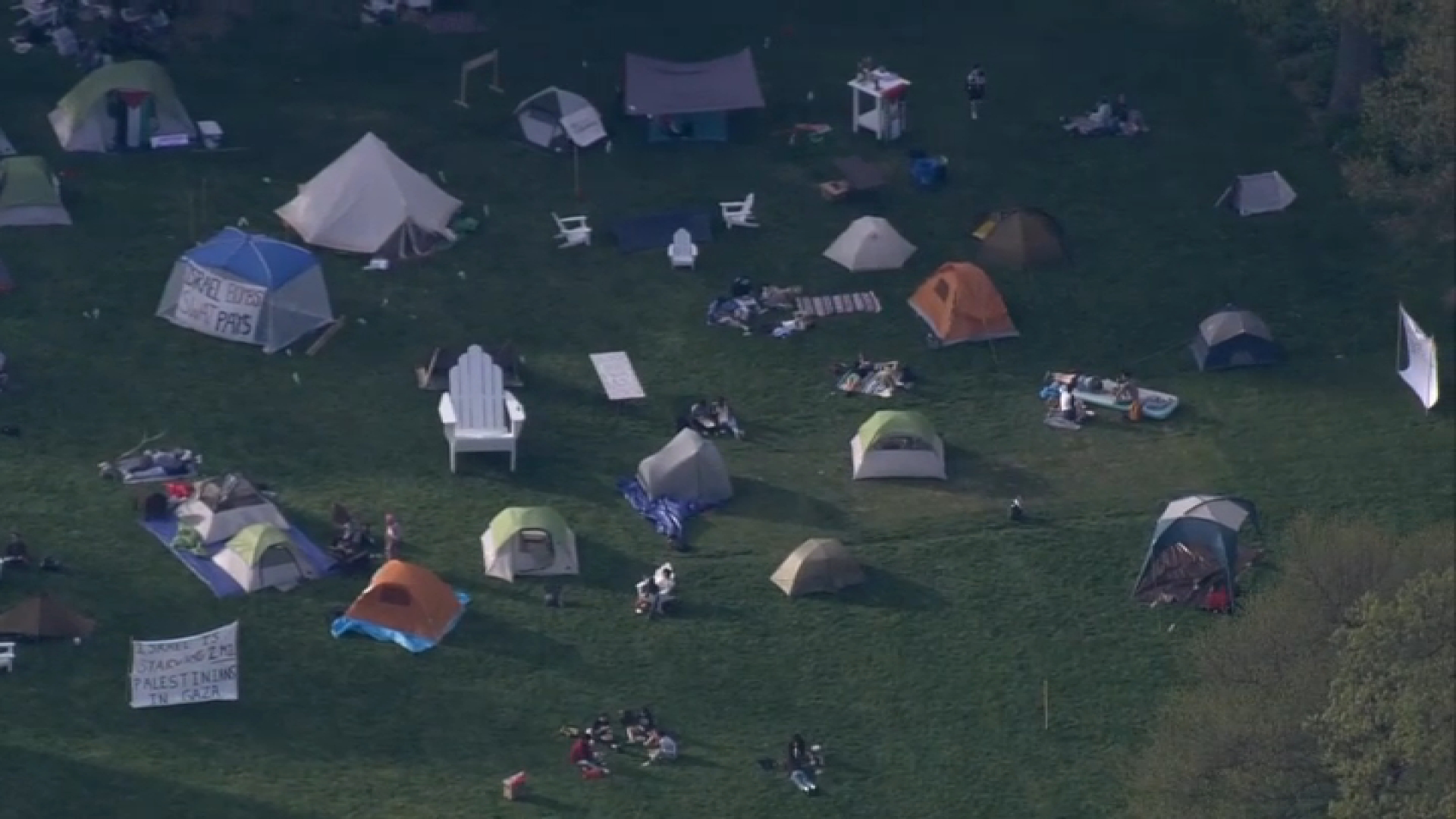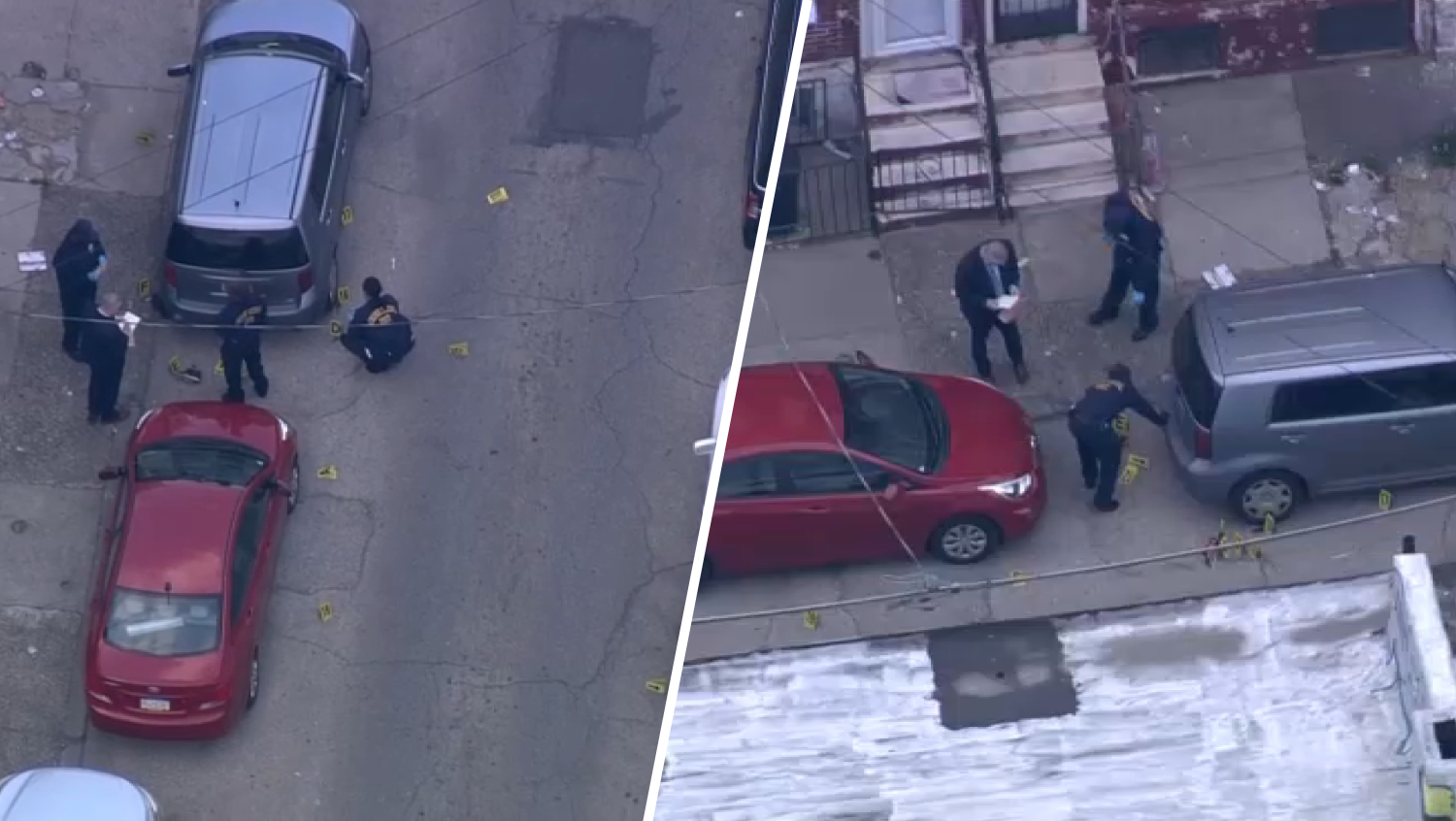Two former NCAA presidents have taken issue with the organization's handling of the unprecedented sanctions levied against Penn State for the Jerry Sandusky child sex abuse scandal.
Gene Corrigan and Cedric Dempsey attended a panel discussion Wednesday night on the future of the NCAA, sponsored by the university's sports journalism center.
Corrigan sympathized with an audience of more than 350 Penn State students, faculty and community members at a downtown theater.
“I was upset for you,” Corrigan said in reference to the sanctions. “I felt that you got hit in the head awfully hard.”
The NCAA slammed the university in July with a four-year postseason ban, scholarship cuts and a $60 million fine. Current NCAA President Mark Emmert announced the sanctions about 10 days after former FBI director Louis Freeh accused the late head coach Joe Paterno and three university officials of covering up allegations that Sandusky abused young boys to protect the university and its football program.
Sandusky, a retired assistant coach, is scheduled to be sentenced Tuesday after being convicted in June on 45 criminal counts involving 10 boys both on and off campus.
Freeh led Penn State's internal investigation in the scandal. Paterno's family and the officials have vehemently denied Freeh's conclusions. Of the three officials, president Graham Spanier left under pressure; interim vice president Gary Schultz retired, and athletic director Tim Curley is on leave.
Local
Breaking news and the stories that matter to your neighborhood.
Corrigan said the death of Paterno and the removal of the officials already served as punishment for the Penn State community, and that the sanctions only caused more pain.
Corrigan added that if he had been in charge of penalizing the football program, he would have gathered all of the facts surrounding the case before issuing any punishment.
“They're part of your family,” he said of the university's membership in the NCAA. “You don't throw your kids out. You punish them and make them better.”
Corrigan and Dempsey rarely mentioned Emmert by name in their remarks, if at all.
Dempsey said if he were representing Penn State, he would not have accepted the sanctions. By refusing the consent to decree, the university would have posed an “interesting case” for the NCAA.
Dempsey said the NCAA acted too hastily. The NCAA used to be criticized for moving too slow, he said. He also added this was the first time a university has been punished based on principle, rather than violations of its constitution or bylaws.
Some members of the audience asked the panel questions, including Penn State Board of Trustees member Anthony Lubrano. He was one of three new members elected this past spring who had support of alumni critical of the board's actions after Sandusky was arrested last November.
Asked by Lubrano if others outside of the university can take legal action against the sanctions, the panel said there isn't much anyone can do.
“You're a great school,” Corrigan said. “Bury it and move on. I don't see any sense in trying to take it to court.”



